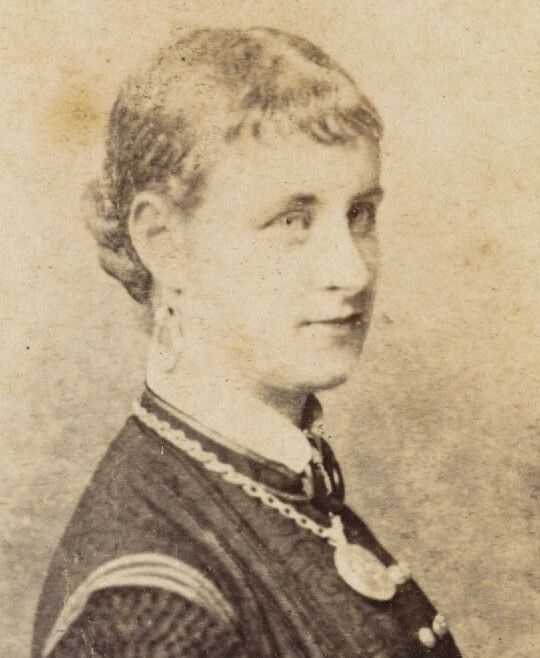
WEIGHT: 52 kg
Breast: Small
One HOUR:80$
NIGHT: +60$
Services: Spanking, Role Play & Fantasy, Lesbi-show hard, Fetish, Golden shower (out)
The Victorian era of Great Britain marked the height of the British industrial revolution and the apex of the British Empire. Although commonly used to refer to the period of Queen Victoria's rule between and , scholars debate whether the Victorian period--as defined by a variety of sensibilities and political concerns that have come to be associated with the Victorians--actually begins with the passage of the Reform Act The Victorian era was preceded by the Regency era and succeeded by the Edwardian period.
Queen Victoria had the longest reign in British history, and the cultural, political, economic, industrial and scientific changes that occurred during her reign were remarkable. When Victoria ascended to the throne, England was essentially agrarian and rural; upon her death, the country was highly industrialized and connected by a massive railway network. Such a transition was not smooth by any stretch of the imagination, nor were the early decades of the period without incident.

The first decades of Victoria's reign witnessed a series of epidemics typhus and cholera, most notably , crop failures and economic collapses. There were riots over enfranchisement and the repeal of the Corn Laws, which had been established to protect English agriculture during the Napoleonic Wars in the early part of the 19th century. Discoveries by Charles Lyell and Charles Darwin began to question centuries of assumptions about man and the world, about science and history, and, finally, about religion and philosophy.
As the country grew increasingly connected by a massive network of railway lines, small, previously isolated communities were exposed and entire economies shifted as cities became more and more accessible. The mid-Victorian period also witnessed significant social changes: an evangelical revival occurred alongside a series of legal changes in women's rights.

While women were not enfranchised during the Victorian period, they did gain the legal right to their property upon marriage through the Married Women's Property Act, the right to divorce, and the right to fight for custody of their children upon separation. The result of these findings which had also been reflected in earlier censuses was a tremendous popular concern over what would come to be two of the most public mid-Victorian concerns: "superfluous women" i. These two issues, for obvious reasons, brought together a motley crew of evangelicals and women's rights activists, all of whom were concerned with what would come to be known as "the woman question.



































